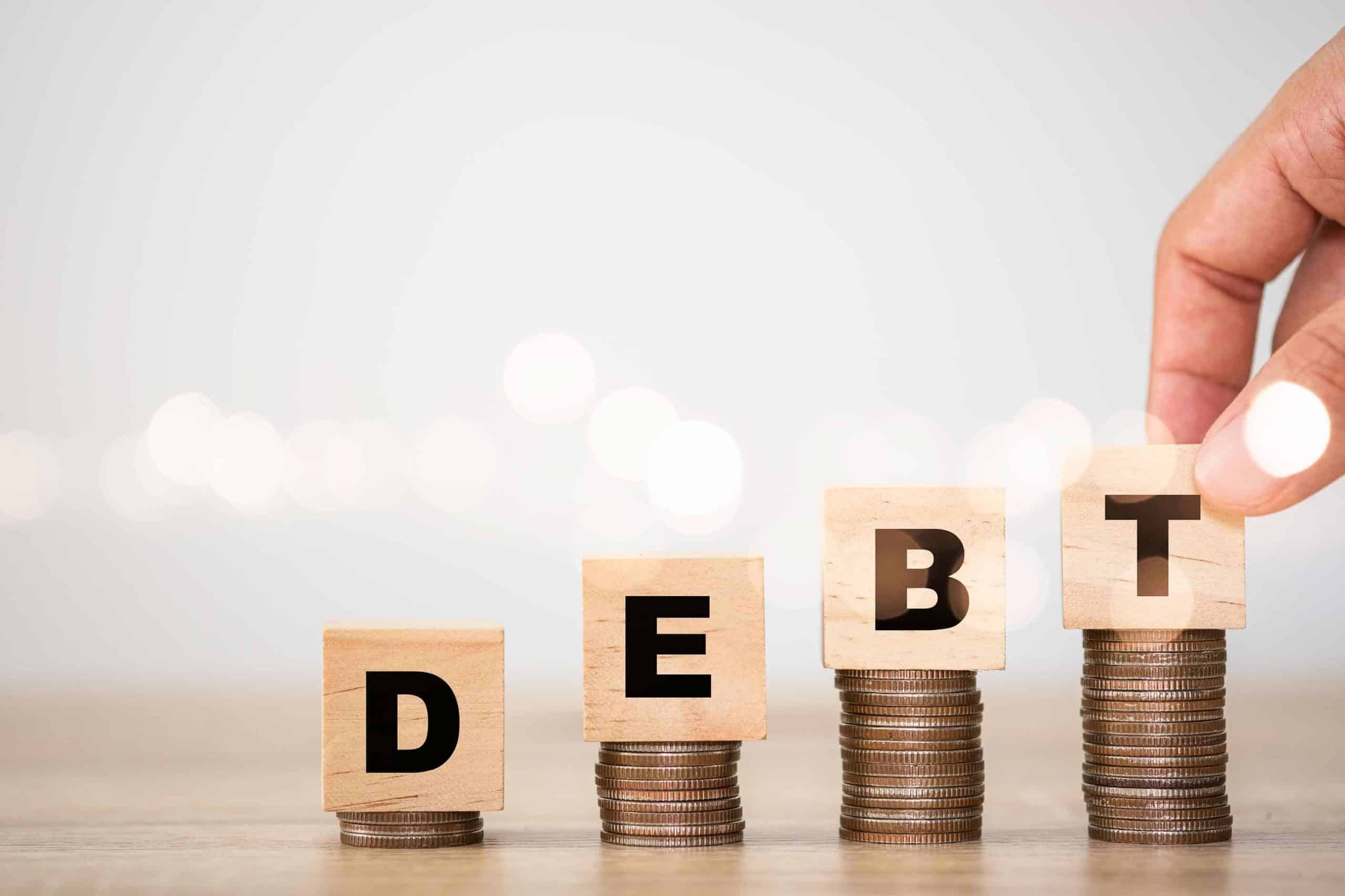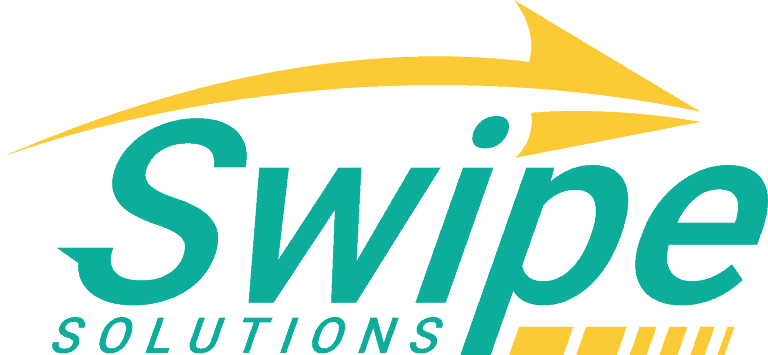Working your way out of debt can be difficult, especially if you’re on a low income. However, it is always possible to get out of debt. It may not be quick or easy, but becoming debt-free is the best way to set yourself up for financial success in the future.
Paying off debt effectively and successfully requires a careful plan. You should know exactly where you want your money to go so that nothing goes overlooked and nothing goes to waste. By taking a strategic, methodical approach to debt repayment, you can get rid of debt faster and with less interest accumulating.
Here are 10 steps to getting out of debt:

1. Analyze Your Situation
It can be difficult to pay off debt if you don’t know exactly what your debt situation is. Before you devise a plan, you have to know exactly how much debt you have and who your creditors are.
Write out a record of all of your existing debts. For each loan, include the total balance, creditor, monthly payment, and interest rate. If you’re unsure of your debts, get a copy of your credit report. You can get one free credit report from each of the major credit bureaus every year, and it should include the key information about your debts.
2. Create a Budget
Budgeting may feel frustrating or time-consuming at first, but it may be the most valuable tool in paying off debt. Creating and sticking to a budget ensures that you’re making the most of your income, paying as much as possible toward your debt, and avoiding accruing more debt.
Your budget should list your income and all of your monthly expenses, including rent, bills, food, savings, and personal spending. Make a new budget each month so that you’re never caught off-guard by a forgotten or unexpected expense. For example, if a family member’s birthday is approaching, you may need to add an extra line in that month’s budget for a gift.
Zero-sum budgeting is a great way to take control of your finances. The goal of this method is to assign all of your income to specific places so that you have nothing left over at the end of the month. By allocating every single dollar to debts, bills, and savings, you can be sure that nothing goes to waste.
Make sure your essentials are covered first, such as rent, utilities, and groceries. Then, decide how much of your leftover income you want to dedicate to savings and debt payment. Whatever is leftover can be used for personal or non-essential spending. However, remember that unnecessary spending will lengthen your debt repayment journey.
Your budget probably won’t be perfect for the first few months. You may find yourself coming up short for certain expenses or forgetting to allocate money for an important payment. As you adjust to the budget, though, you can fine-tune your plan so that nothing takes you by surprise.
3. Cut Expenses
Now that you have a strong understanding of your debts and where your money is going, you can find ways to cut your expenses. Every dollar that you save by cutting back can go toward your debt.
You don’t have to completely eliminate all personal spending, but you should look for opportunities to reduce your expenses. For example, you could lower your grocery bill by buying non-perishables in bulk or using coupons. You could look for different car insurance companies or cell phone carriers that may give you a lower rate. You could reduce your entertainment spending by looking for free events in your area.
Paying off debt requires some sacrifices, particularly if you don’t have a big income to start with. Remember that this won’t last forever, though. Once you pay off your debt, more of your income will be freed up, and you can use it to improve your quality of life.
4. Focus on One Debt at a Time
To get out of debt quickly, you’ll have to make more than the minimum payments on your loans. Because interest rates for many loans are so steep, paying only the minimum will just barely chip away at the principal.
Choose one loan to focus your efforts on. Pay the minimum payments for all of your other debts, and pour your extra income into this loan. By aggressively paying one debt at a time, you’ll be able to celebrate milestones along the way as your list of debts gets smaller and smaller.
You can decide which debt to focus on first, but there are two popular strategies for debt repayment. The first is the avalanche method, which targets your highest-interest debt first and your lowest-interest debt last. By paying your high-interest loans as soon as possible, you can save hundreds or even thousands of dollars in interest.
The other popular method is the snowball, which targets debts in order of smallest to largest. Although this may not save you money like the avalanche method, it can be motivating to see your small debts disappear quickly. Then, once you reach the big debts, more of your income is available to make larger payments.
5. Use Cash
Cutting up your credit cards will prevent you from going further into debt. Many people feel anxious about getting rid of their cards, but it’s one of the best ways to stay on track with your finances.
If possible, use cash exclusively for your purchases. Most shoppers spend more when they use plastic, but cash feels more tangible. When you actually see your money leaving your hands, you may rethink certain spending decisions. If you can’t use cash, opt for a debit card instead of a credit card.
6. Find an Extra Source of Income
Cutting down on expenses is one good way to pay off debt quickly, but increasing your income can make the process go even faster.
Increasing income isn’t a feasible option for everyone. You may already be working long hours or have children to care for, which makes getting another job difficult. However, if you are at all able to work more, doing so temporarily may be instrumental in your debt payoff.
You could get a part-time job on top of your regular job, or you could work more shifts at your current job. Some people focus on working toward a promotion. If you feel underpaid at your job, it may be time to consider searching for a new job with better pay.
Selling things is another great way to increase your income. If you have clothing, furniture, games, or other items that you don’t get much use out of, list them on a site like Craigslist or Facebook Marketplace to make some extra money.
7. Get a Balance Transfer Credit Card
We don’t recommend using a credit card for purchases while getting out of debt. A balance transfer card can help with existing credit card debt, though.
A balance transfer involves moving the balance of one or more of your current credit cards to a new card. Credit cards that are created specifically for balance transfer usually offer lower interest rates or a starting period of 0 percent interest. By saving on interest with credit card consolidation, you can pay toward the lump sum far more quickly.
8. Take Out a Debt Consolidation Loan
A debt consolidation loan can be valuable if you have several small or moderate debts. It provides the funds to pay off your existing debts so that you only have to keep track of one monthly payment.
If you have a high credit score and a strong lending history, you can probably get a consolidation loan with an attractive interest rate. Not only does this make debt payoff simpler, but it also can save you money in interest.
If you have a low credit score, the loans you qualify for may not have such good interest rates. They’ll likely be lower than the typical interest rate for a credit card, though. Consider the interest rates on your current loans, and compare them to the rates on the debt consolidation loans you qualify for. Look for loans that offer pre-qualification screenings so that you don’t undergo unnecessary credit checks.
9. Communicate With Your Creditors
Most lenders are willing to negotiate. They understand the reality of financial hardship, and they realize that getting some money from you is better than getting no money.
If you have a credit card, personal loan, or medical bill that has accumulated a lot of interest, reach out to your creditor to see if they’ll remove the interest from the balance. Some lenders are willing to reduce or even eliminate interest if it helps you make the payments. You could even save up until you have enough funds to pay the principal in full. Then, tell the lender you’re willing and able to pay off the original debt entirely today if they waive the interest.
If you’re struggling with debt repayment due to a financial challenge like an unexpected medical expense or a job loss, explain your situation to your creditors. They may be more likely to be flexible with your repayment for a few months if they know you’re experiencing hardship.
10. Address the Root Cause of Your Debt
Debt sometimes builds up after an emergency, but in many cases, it’s a symptom of an underlying problem. To avoid going back into debt, you should acknowledge and address the reasons you went into debt in the first place.
Some people go into debt because they don’t plan ahead with their money and regularly run into unexpected expenses. Others spend more than they can afford to because they want to keep up with their friends, neighbors, or colleagues. Some people struggle to make enough income to afford their bills, especially if they’re in a high-cost-of-living area.
Most people have at least some debt, and having debt doesn’t make you a bad or irresponsible person. Self-reflection is an important part of the debt payoff journey, though. By figuring out why you went into debt and finding ways to change your lifestyle to prevent new debt, you can achieve financial stability.
Final Thoughts
Getting out of debt isn’t easy, but it is possible. When paying off debt on a low income, the key is to make a strict budget, keep track of every dollar you receive and spend, and plan your payments strategically. Negotiating with lenders and using a debt or credit card consolidation loan can help, too.
Most importantly, don’t give up. By staying committed to the process, you’ll pay down your debt as soon as possible, which will allow you to live a life of financial freedom. A couples years of sacrifice now will make the rest of your life much more stable and comfortable.
Have you been successful in getting out of debt? What strategy worked best for you?

